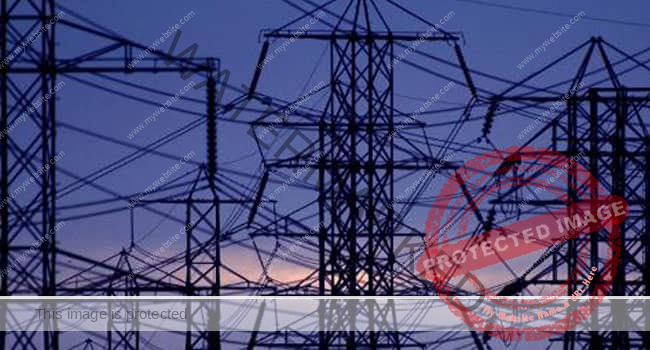

Nigeria has reduced its electricity exports to the junta-led Niger Republic, resulting in widespread power outages in the capital city of Niamey. The reduction in electricity supply from 80 megawatts to 46 megawatts represents a 42% cut in power supply to the country.
According to Niger Republic’s Energy Minister, Haoua Amadou, the measure has led to power cuts in Niamey, exacerbating the country’s existing electricity shortages. The state-owned power company, Nigelec, has been forced to impose planned outages lasting several days, particularly in Niamey, due to a 30-50% decline in electricity production.
The reduction in electricity supply is linked to Nigeria’s participation in regional sanctions against the military junta that ousted civilian President Mohamed Bazoum in July 2023. Although Nigeria has resumed electricity delivery, the reduced supply has had a significant impact on Niger Republic’s power grid.
The power outages in Niamey have highlighted the vulnerability of the region’s energy infrastructure. The reduction in electricity supply has forced Nigelec to implement planned outages, which may last for several days.
Meanwhile, Nigeria’s power generation companies (GenCos) are facing significant challenges due to a staggering N4 trillion debt owed by the government. The Association of Power Generation Companies (APGC) has raised concerns about a looming shutdown of electricity plants nationwide.
According to a statement by Colonel Sani Bello, Chairman of the Board of Trustees of APGC, GenCos are currently owed N2 trillion for electricity supplied in 2024, along with an additional N1.9 trillion in legacy debts. The companies receive less than 30% of their monthly invoices, severely hampering their ability to sustain operations.
The GenCos face systemic constraints, unfriendly policies, and mounting debts without a clear repayment plan. Despite fully supplying electricity, GenCos are not being fully paid, even after the Partial Activation of Contracts in NESI since July 2022.
High corporate taxes, regulatory fees, and foreign exchange volatility have further strained revenues. The GenCos have warned that the liquidity crisis could lead to a total collapse of the electricity value chain, resulting in widespread blackouts.
A total shutdown could escalate into a national security crisis, emphasizing the need for immediate government intervention. The Nigerian government must take prompt action to address the challenges facing GenCos and prevent a total collapse of the electricity sector.
The government needs to develop a clear repayment plan and implement policies that support the growth and sustainability of the sector. The situation underscores the need for sustainable solutions to the region’s energy challenges, prioritizing the needs of both Nigeria and Niger Republic.
The regional sanctions imposed on Niger Republic have had a significant impact on the country’s energy infrastructure. The reduction in electricity supply has forced Nigelec to implement planned outages, which may last for several days.
The debt crisis facing Nigeria’s power generation companies is a major concern. The companies are struggling to sustain operations due to the significant debt owed by the government.
The energy infrastructure in the region is vulnerable to disruptions and requires investment and support. The Nigerian government must take immediate action to address the challenges facing the sector and prevent a total collapse.
The consequences of inaction could be severe, leading to widespread blackouts and a national security crisis. The government must prioritize the needs of the sector and develop sustainable solutions to the energy challenges facing the region.
In conclusion, the reduction in electricity supply to Niger Republic and the challenges facing Nigeria’s power sector highlight the complexities and vulnerabilities of the region’s energy infrastructure. Addressing these challenges will require concerted efforts from governments and stakeholders to ensure a stable and reliable electricity supply.
The Nigerian government must take immediate action to address the debt crisis facing GenCos and prevent a total collapse of the electricity sector. The government needs to develop a clear repayment plan and implement policies that support the growth and sustainability of the sector.










